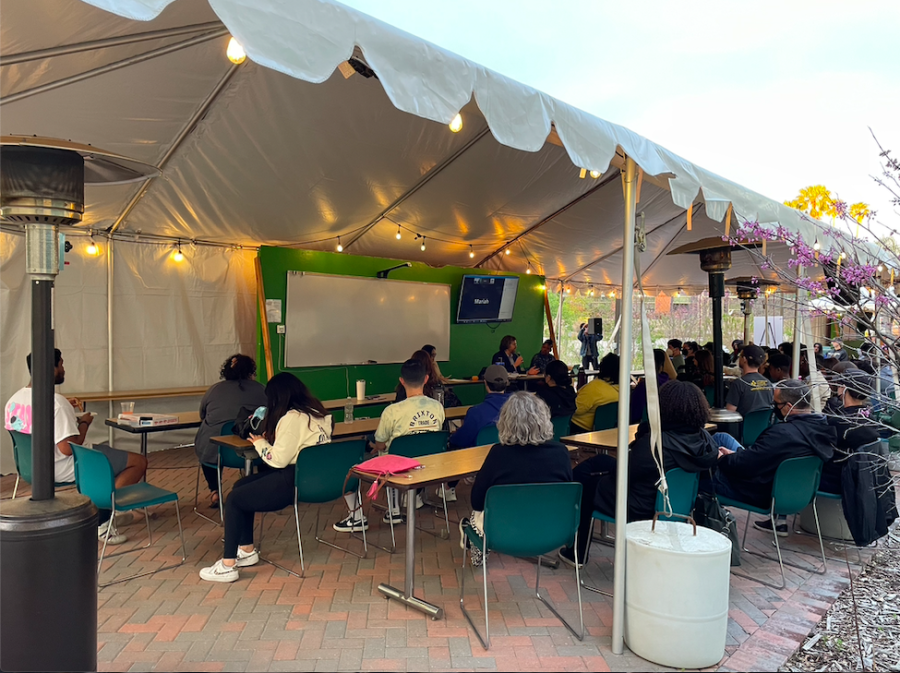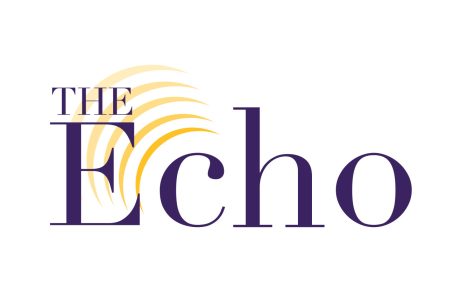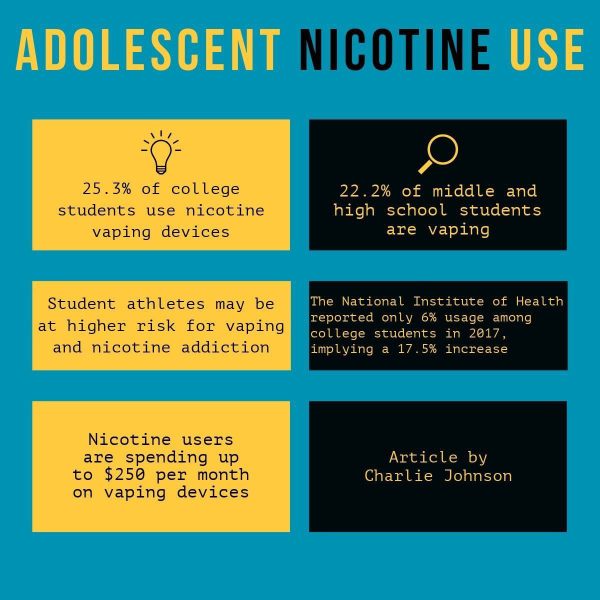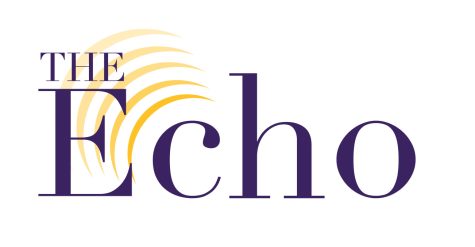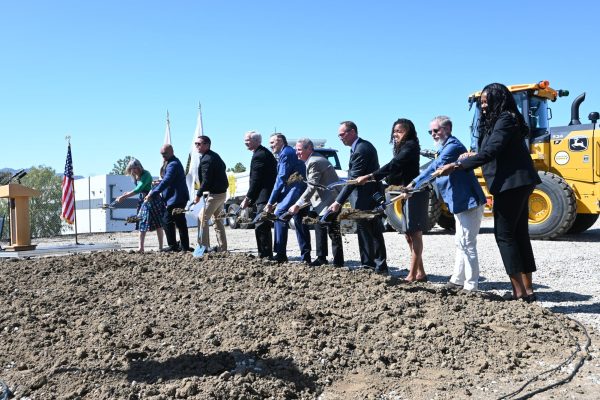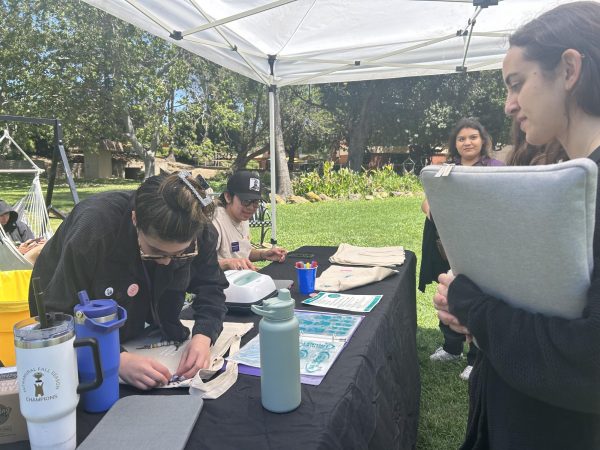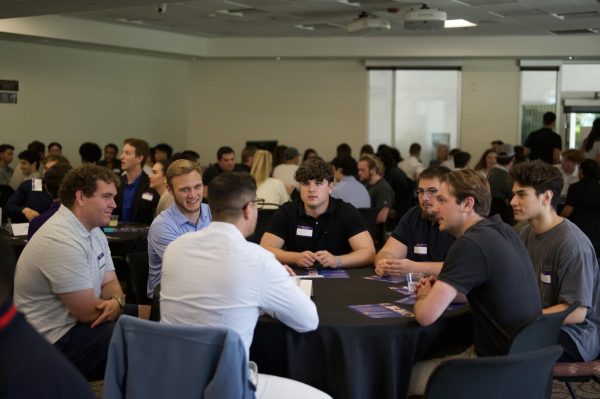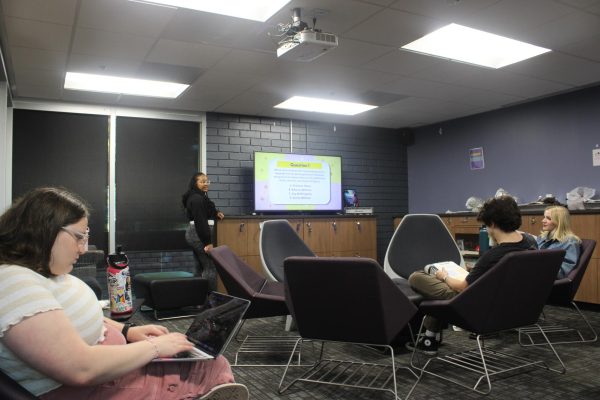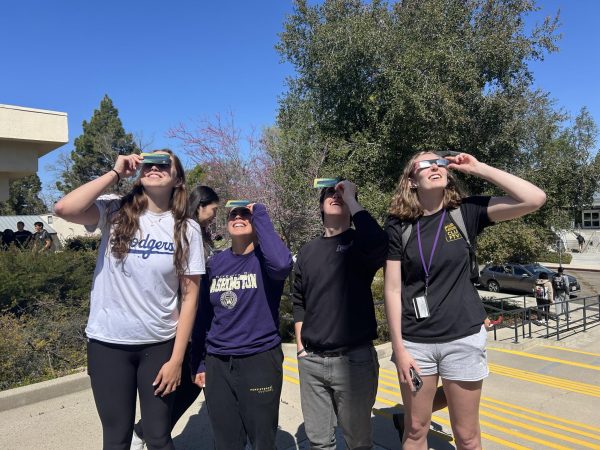Justice for Black Lives panel aims to bring a ‘better understanding of activism’
Photo by Hannah Anderson - Reporter
Attorney Thomas Harvey explaining the work he does in Los Angeles.
March 22, 2022
The Sarah W. Heath Center for Equality and Justice at California Lutheran University hosted a Justice for Black Lives panel on March 15, 2022. This panel focused on the development of fighting against police brutality in America as well as local activism.
This panel featured two guest speakers, Attorney Thomas Harvey esq. and Cal Lutheran senior and President of Black Student Union (BSU), Maya Fleming. Both panelists told their story on how police brutality has affected them, and their community to bring attention to the racial issues that still stand in the United States.
“I think this panel will provide students who maybe weren’t around for the initial protest with some insight on what took place and allow them to see the history and what we have come from. A lot of that work was semi forgotten with the pandemic, so I’m just hoping that students are able to learn from this and apply some of those same principles we used then to the current campus climate,” Fleming said.
Fleming talked about the Black Lives Matter protest that took place during the pandemic, and mentioned that some of it was forgotten because of COVID-19. In this panel, she brought the attention back to those protests because one of the main goals from the protest was to stop police brutality.
In those protests, the protesters also advocated for inclusivity among all individuals of any identity. The goal of this panel was to help bring attention to the diversity on campus, and reinforce principles to help improve inclusivity.
“The crux of the movement is looking at the unequal treatment, in particular black and brown men and black women. In the criminal justice system, we have enough stats, we’ve done enough research, we’ve seen the disparities within the system, if you’re black or brown or if you’re white, and now what is the social movement?” said Director of the Health Center for Equality and Justice Cynthia Duarte.
Duarte brought up the topic of the racial inequalities that still exist nationwide. Duarte said this is an issue where it may take a large amount of people to change the way the system works, but focusing on these issues in every community will help increase the amount of attention these problems get.
Duarte also said that change in the community will happen when individuals work together. She said change is not just limited to a college campus, inclusivity should advance all around. Harvey, who is based out of Los Angeles, was brought on the panel to expand on the work he does.
“I think Thomas Harvey as a man stands out to me the most. He offered some amazing insight on the works of the BLM movement as well as a true example of ally-ship. I really appreciated all that he brought to the panel outside of the student level,” Fleming said.
A big takeaway from this panel is how students can improve inclusivity around campus. Duarte said that educating students on diversity in the classroom is one way to bring awareness to all students on campus, regardless of their involvement on campus.
“We all come from our own separate corners of the world and we come to campus and this might be the most diverse experience they’ve ever had in many ways. For all students, this is not just white students, for the first time are sitting in class with students of color,” Duarte said.
Duarte said that at institutions, the education or programming to spread information on culture awareness will help make students more aware of the issues around them, and gives them the chance to engage with the information.
After this panel, students were able to get a better understanding of the police brutality that happens around not only this country, but locally as well. They got to hear the voices of students who have been discriminated against and how they don’t let any words invalidate who they are.
“I hope that people are able to gain a better understanding of activism from the student level as well as some tips on self care and maintaining a healthy body during activism. I also hope that they are able to see the work that has already taken place on campus and be excited for the future and the inclusive community we can continue to build here on campus,” Fleming said.

